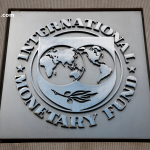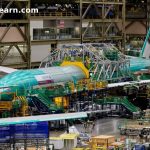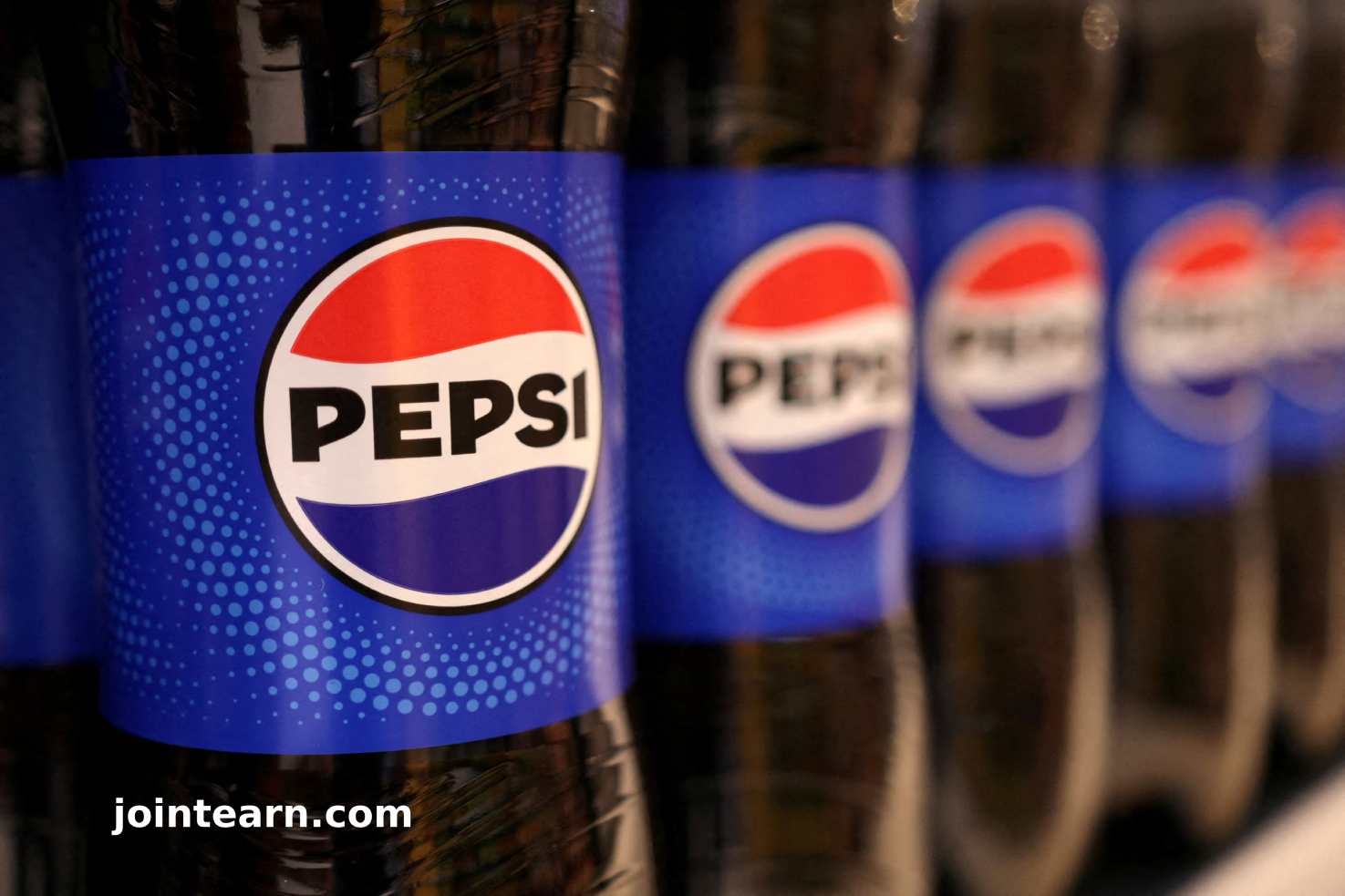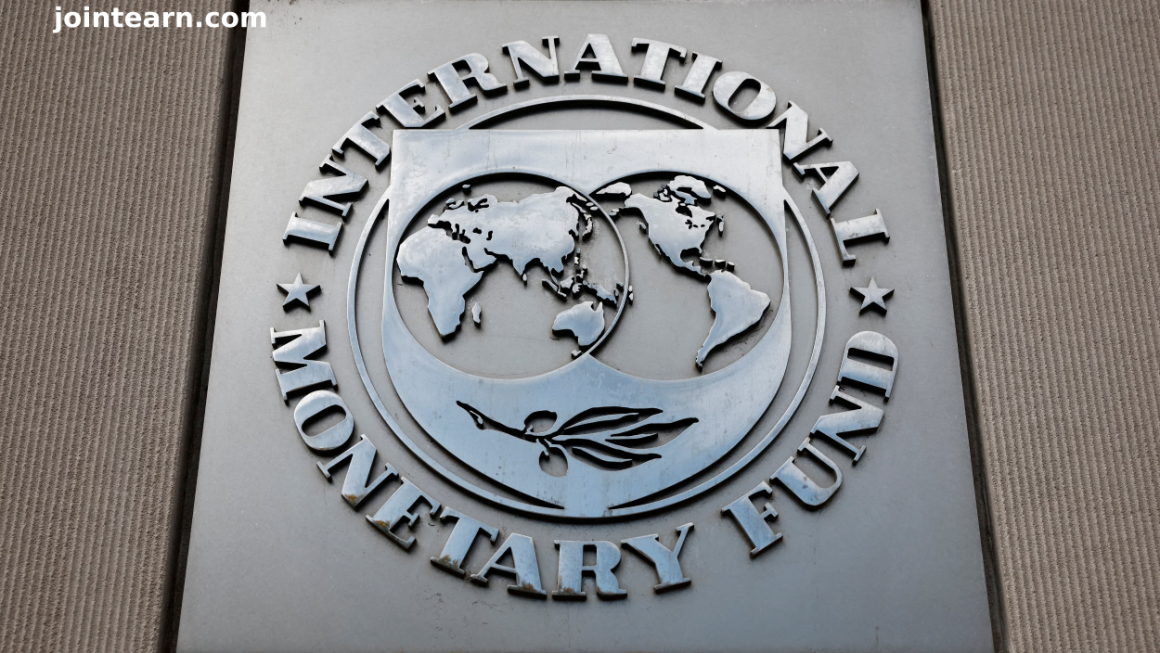PepsiCo Lowers Annual Profit Outlook as Trade War Increases Costs
PepsiCo announced on Thursday that it is lowering its profit forecast for the fiscal year 2025, citing rising production costs and increased volatility due to the ongoing global trade war. The company’s shares fell nearly 1% in pre-market trading after it posted its first quarterly profit miss in five years.
CEO Ramon Laguarta explained, “As we look ahead, we expect more volatility and uncertainty, particularly related to global trade developments, which we expect will increase our supply chain costs.”
Revised Profit Expectations
PepsiCo now expects its core earnings per share (EPS) to decline by 3% for the fiscal year, a sharp contrast to its previous projection of a low-single-digit increase. In the prior year, the company reported EPS of $8.16.
Laguarta stated that the company will implement mitigation strategies, including adjusting the sourcing of key inputs, to manage higher supply chain costs. Despite these efforts, the company anticipates that ongoing trade tensions will continue to weigh on margins.
Impact of Tariffs on PepsiCo’s Supply Chain
The impact of President Trump’s tariffs is expected to directly affect PepsiCo, which operates food plants in Mexico and concentrate plants in Ireland. The 25% U.S. tariffs on steel and aluminum, which were implemented in March, could further squeeze PepsiCo’s margins, adding additional pressure to an already strained supply chain.
Decline in Volumes and Rising Prices
PepsiCo also reported a 2% decline in organic volumes for the first quarter, citing delays in the effectiveness of promotions for its snacks and sodas. However, the company was able to offset some of the losses with a 3% increase in average prices during the quarter.
Analysts noted that while price hikes are helping the company, they are not enough to counteract the weaker volume growth for popular brands such as Pepsi, Gatorade, Lay’s, and Doritos. Aarin Chiekrie, an equity analyst with Hargreaves Lansdown, commented, “Price hikes are doing the heavy lifting, with volume growth struggling to gain momentum.”
Challenges Ahead for PepsiCo
The price increases initiated in response to COVID-19-related supply chain disruptions and rising costs have been beneficial in the short term, but analysts warn that without any new positive catalysts, 2025 could be a challenging year for PepsiCo investors.
In its first-quarter earnings, PepsiCo reported a slight miss on EPS estimates, earning $1.48 per share versus the anticipated $1.49. The company’s revenue also declined by 1.8%, reaching $17.92 billion, slightly ahead of analysts’ expectations of $17.77 billion.
To combat the slow demand for traditional soda products, PepsiCo, along with rival Coca-Cola, is increasing its focus on healthier snacks and energy drinks as it adapts to shifting consumer preferences.
Looking Forward
Despite the challenges, PepsiCo’s efforts to diversify its product offerings and mitigate cost increases suggest that the company is working to weather the storm. However, with trade uncertainties continuing to affect the global supply chain, PepsiCo’s outlook remains cautious.












